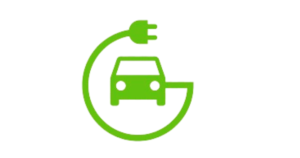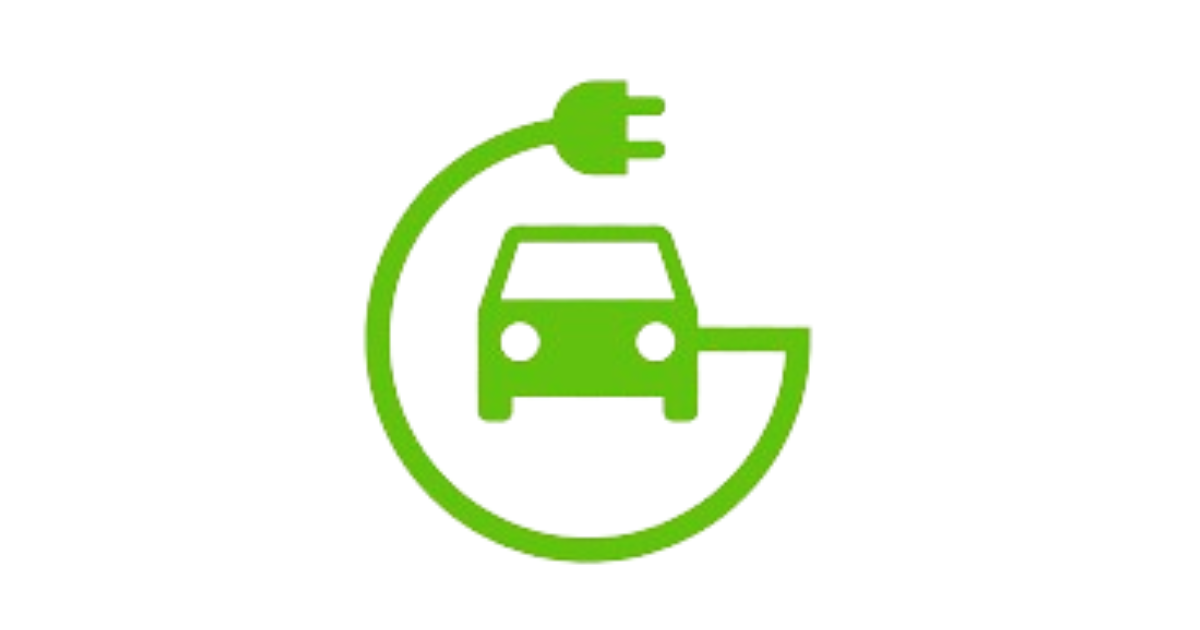
India is experiencing a significant shift towards sustainable and eco-friendly transportation, with electric vehicles (EVs) at the forefront of this revolution. The government’s push for cleaner and greener mobility, coupled with technological advancements, has set the stage for a transformative change in the Indian automotive industry.
The Indian government has been proactive in promoting EV adoption. Initiatives such as the Faster Adoption and Manufacturing of Hybrid and Electric Vehicles (FAME) scheme provide incentives for both manufacturers and consumers, encouraging the production and purchase of electric vehicles. Additionally, various states have introduced policies and incentives to further boost the EV ecosystem. The Indian electric vehicle market has witnessed significant growth in recent years. A surge in the number of electric two-wheelers and three-wheelers on the roads is evident, driven by their affordability and suitability for urban commuting. Major automotive manufacturers are entering the EV space, launching electric cars with advanced features and longer ranges to cater to the growing demand.
While the momentum towards EV adoption is encouraging, challenges such as charging infrastructure and range anxiety still need to be addressed. The government and private sector collaborations are essential to build a robust charging infrastructure network across the country. Simultaneously, innovative solutions like battery-swapping stations are being explored to alleviate range-related concerns. Indian startups are playing a crucial role in the EV ecosystem, contributing to innovations in battery technology, charging infrastructure, and smart mobility solutions. These startups are not only addressing domestic needs but also eyeing global markets, showcasing India’s potential to become a hub for electric vehicle technology.
The transition to electric vehicles is a key strategy in reducing air pollution and decreasing dependence on fossil fuels. With India facing significant air quality challenges in major cities, the adoption of EVs is seen as a vital step towards a cleaner and healthier environment. The future of electric vehicles in India looks promising, with ambitious targets set by the government for EV penetration in the coming years. Continued advancements in battery technology, coupled with supportive policies, are expected to drive the growth of electric mobility in the country.
Collaborations between government bodies, industry players, and technology providers are becoming increasingly common. Such partnerships aim to address challenges like technology standardization, research and development, and skill enhancement in the electric vehicle sector. These collaborations not only foster innovation but also create a supportive ecosystem for the sustainable growth of the industry. Educating consumers about the benefits of electric vehicles, dispelling myths, and addressing concerns are crucial aspects of driving adoption. Government campaigns, industry-led awareness programs, and collaborations with educational institutions play a pivotal role in disseminating information about the environmental and economic advantages of electric mobility.
India’s electric vehicle market is not isolated; it is influenced by global trends, technological advancements, and international collaborations. Partnerships with global players for technology transfer, investment, and market expansion are becoming increasingly common. Understanding and aligning with global best practices is essential for India to stay competitive and innovative in the rapidly evolving electric vehicle landscape.
As India accelerates its journey towards a sustainable and emission-free transportation system, the electric vehicle sector is poised for substantial growth. With a combination of government support, technological innovation, and market demand, India is on the cusp of a new era in the automotive industry—one that is environmentally conscious and technologically advanced.

